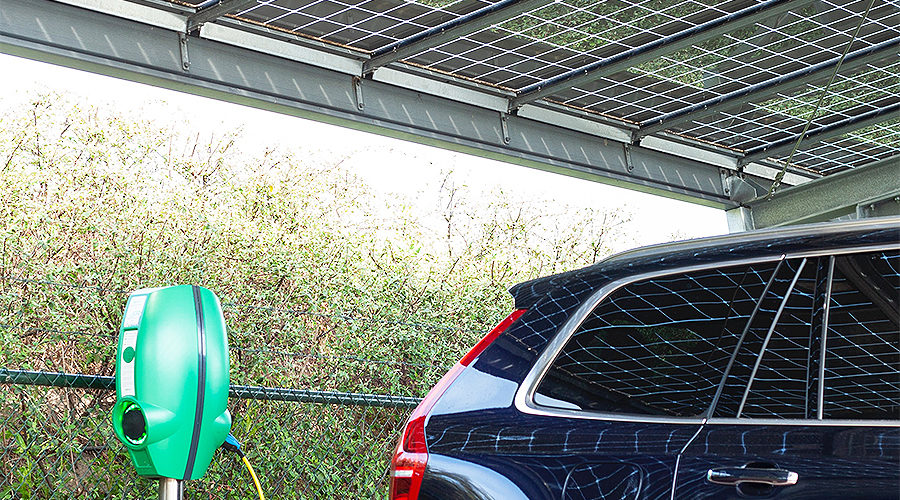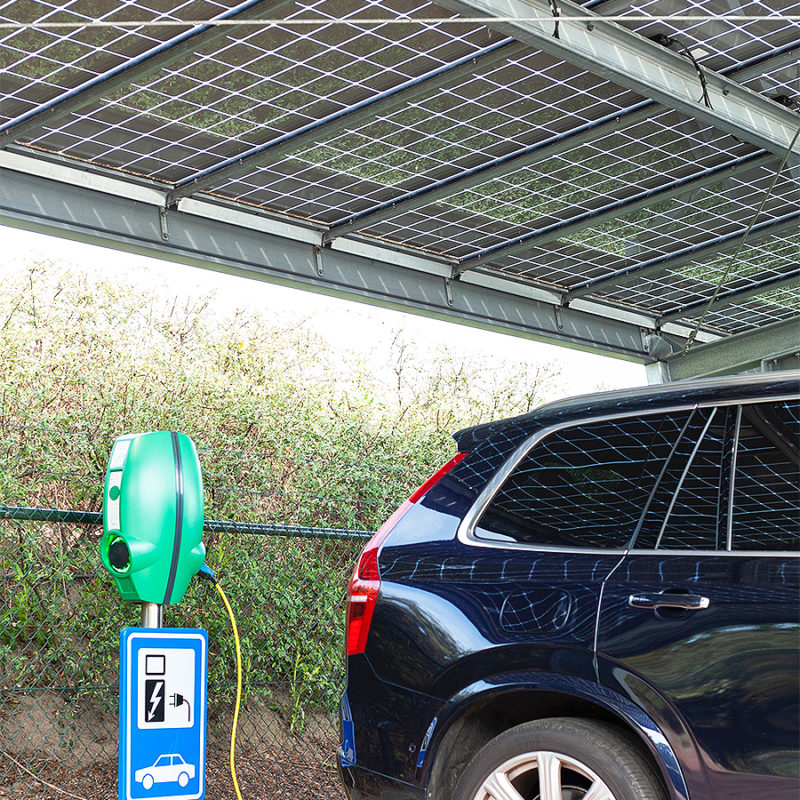Social housing providers are facing a raft of new legislation as the sector moves towards a net-zero carbon future, says Ashley Pappin and Frederick Davies from law firm Winckworth Sherwood.
Winkworth Sherwood
New regulations regarding electric vehicles (EVs), coming into force this year, will affect many social housing projects, particularly those with onsite parking. From 15th June 2022, new laws required the installation of EV charge points in both new and renovated residential buildings.
Changes affecting social housing projects include requirements for installation of:
• EV charge points in all new homes with onsite parking
• At least one EV charge point per dwelling with parking, and EV cabling for all parking in existing residential buildings undergoing renovation which have 10 or more onsite parking spaces.
On 30th June 2022, additional regulations came into force governing technical requirements for EV charge points and ‘smart cables’ which are used to exchange information with EVs.
There are a number of issues social housing providers must keep in mind
Construction contracts
When negotiating and agreeing the construction contracts, careful attention to provisions governing design and installation responsibility will be essential. Making sure works comply with the new rules requires equal measures of commercial acumen and effective legal drafting.
Management of the risks associated with regulatory changes that take effect while works are underway is also key. For example, who bears the risk of technical changes to the requirements for EV charge point installation mid-project, and is that risk allocation effectively dealt with in the contracts?
Electricity supply networks
Providers must also consider the impact on electricity supply networks when planning and managing social housing developments. The following questions should be asked:
Is there enough capacity in the electricity network?
The new requirements for EV charge points, and potential electrification of heating, will increase electricity demand. If the local electricity distribution network does not have capacity, providers will need to factor in additional cost and time that may be needed to reinforce the network. Ofgem propose to reduce upfront reinforcement costs from April 2023, however, the risk to providers of a shortfall in network capacity relative to demand needs to be managed.
Is it possible to integrate with onsite energy networks?
The Government expects developers to consider ‘agile’ solutions to network capacity issues. This would mean working closely with network operators to address those capacity issues and considering onsite solutions. Government suggestions include introducing battery storage or load-management systems. Should providers, therefore, integrate EV charge points with onsite energy networks and battery storage solutions? Could this not only alleviate capacity issues, but also improve asset value and green finance prospects by lowering a development’s carbon footprint, and reduce energy costs for both social housing providers and residents?
Who will own and operate the EV charge points?
Will providers own the charge points and appoint operators to manage them on the provider’s behalf? Or, will providers enter concession agreements with operators, allocating risk but also revenue opportunities to the operator? Is a PAYG or subscription model preferable?
To capture the opportunities and mitigate the risks presented by the new rules, careful attention to the legal detail in construction and development contracts is essential. Independent and professional administration of the contracts governing social housing development projects is also a powerful ally.

Ashley Pappin is a Senior Associate at law firm Winckworth Sherwood

Frederick Davies is a Solicitor in the Social Housing and Construction team at Winckworth Sherwood









